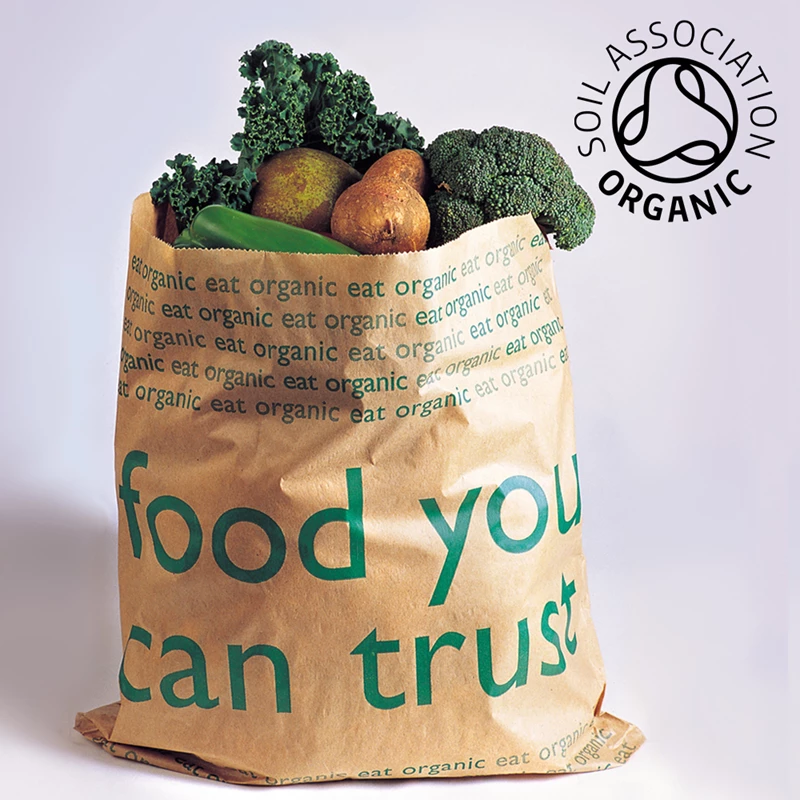Organic agriculture must go mainstream
At the Soil Association Group’s annual trade conference on 2 November, it shared its vision for ‘Organic For All’ – an ambitious new approach for scaling organic production and consumption in the UK. Its approach aims to make organic affordable, available and accessible to everyone in society built on a strategy engaging everyone within the industry to create an organic action plan.
The organisation said it has mapped a pathway to negotiate the many complex and inherent challenges that the sector faces to make organic truly affordable, available and accessible to everyone in society. It explained that while the organic sector has enjoyed over a decade of sustained growth, it is not fulfilling its full potential in the UK – and this needs to change – rapidly.
Soil Association associate director standards Innovation Sarah Compson said: “The organic sector has plenty to be proud of and offers genuine solutions to the climate, nature and health crises with its globally scalable approach to food and farming. But here in the UK we have hit a bit of a wall.
“Organic food isn’t affordable, available or accessible to everyone in society. It is too niche and regrettably we do not share the same aspirations as our European neighbours where the EU has its 25 per cent organic land target and ambitious policies and incentives to drive organic production. In the UK, support for organic has been left to the market – and while this appeared to be a good approach it is has had significant and damning consequences. Organic has been premiumised – as a margin opportunity with very little of this premium making it back to our farmers – and reinforcing organic’s reputation as elitist and niche. Political support for organic has historically been poor in the UK, and whilst it’s great to see the Scottish government’s recent commitment, the English and Welsh governments are missing a huge opportunity to capitalise on the multiple benefits of organic by failing to develop ambitious and progressive policies and plans for supporting organic.”
The Soil Association has divided the thinking about how to make organic affordable, available and accessible to everyone in society into three main areas of focus which it explored in depth during its conference:
- Organic must be valued – making the benefits of organic clear for different audiences demonstrating the contribution that organic production and consumption makes to climate, nature and health must be well-evidenced and clearly understood. We also need to acknowledge that the current market economy has failed to significantly value and reward food and farming systems that are good for climate, nature and health, and the polluter doesn’t pay for damage caused to the natural world.
- Organic must be supported – financially and practically supported in order to scale. Favourable national policies, backed up by appropriate financial support and incentives have been a cornerstone of organic sector development in other countries, and are the engine of organic market growth as they provide a business case for farmers to convert and stay organic, and support innovation in routes to market.
- Organic must be available – with easy access to organic food, both at home and in public settings such as schools and hospitals. To achieve this, we’ll need to work closely with retailers so that they expand organic product ranges and assortments, position organic better in stores and communicate the ‘why’ of organic much more clearly. We must also support the development and growth of alternative routes to market and increase community-led initiatives to improve access to healthy organic food.



